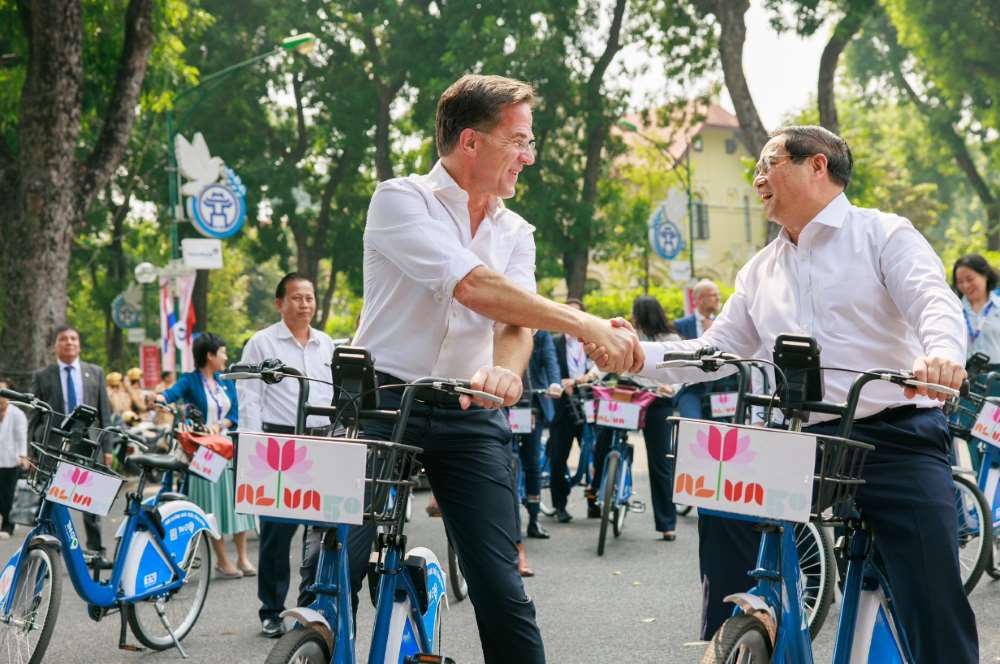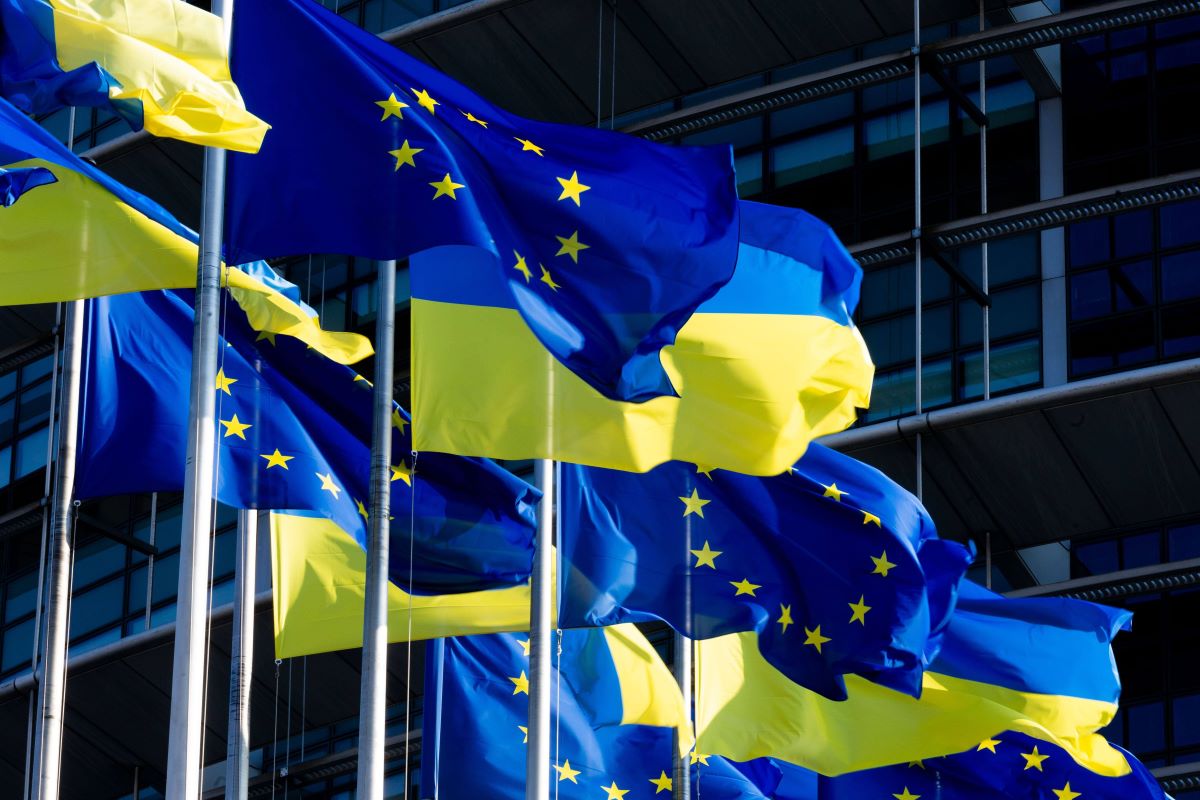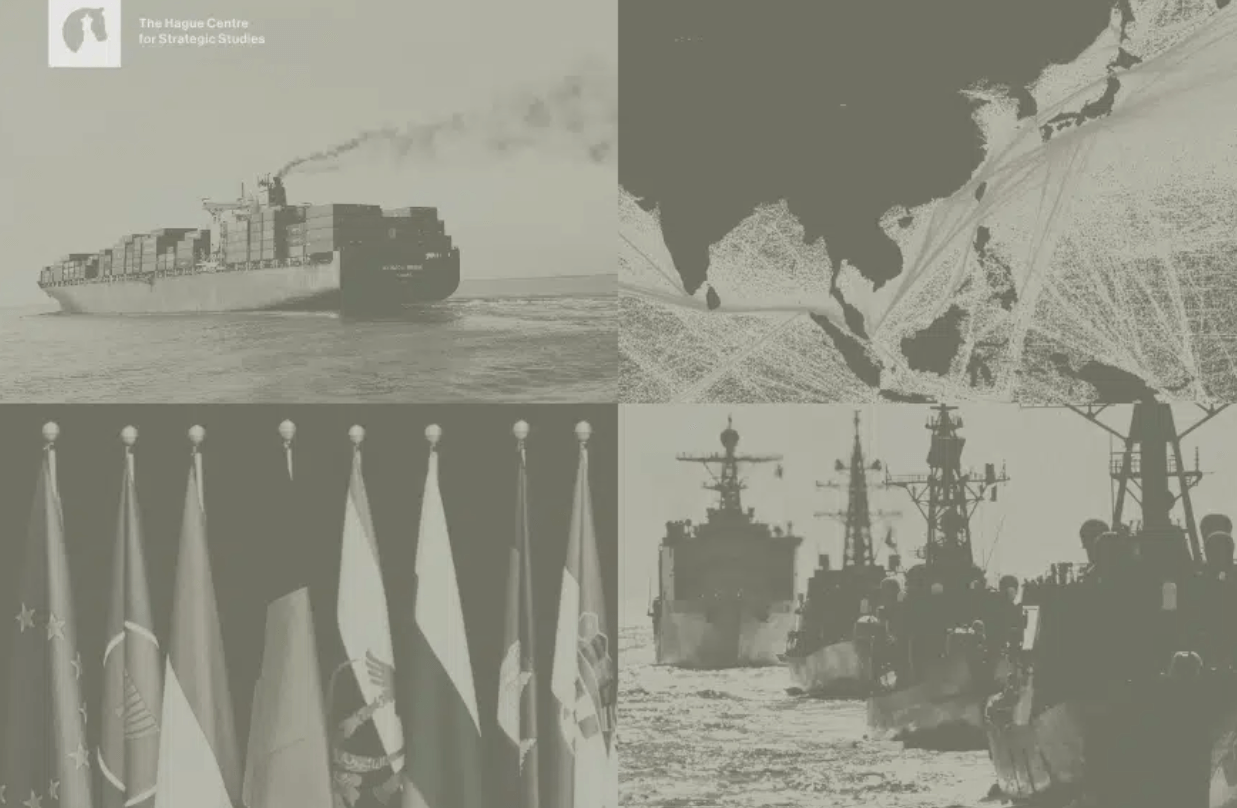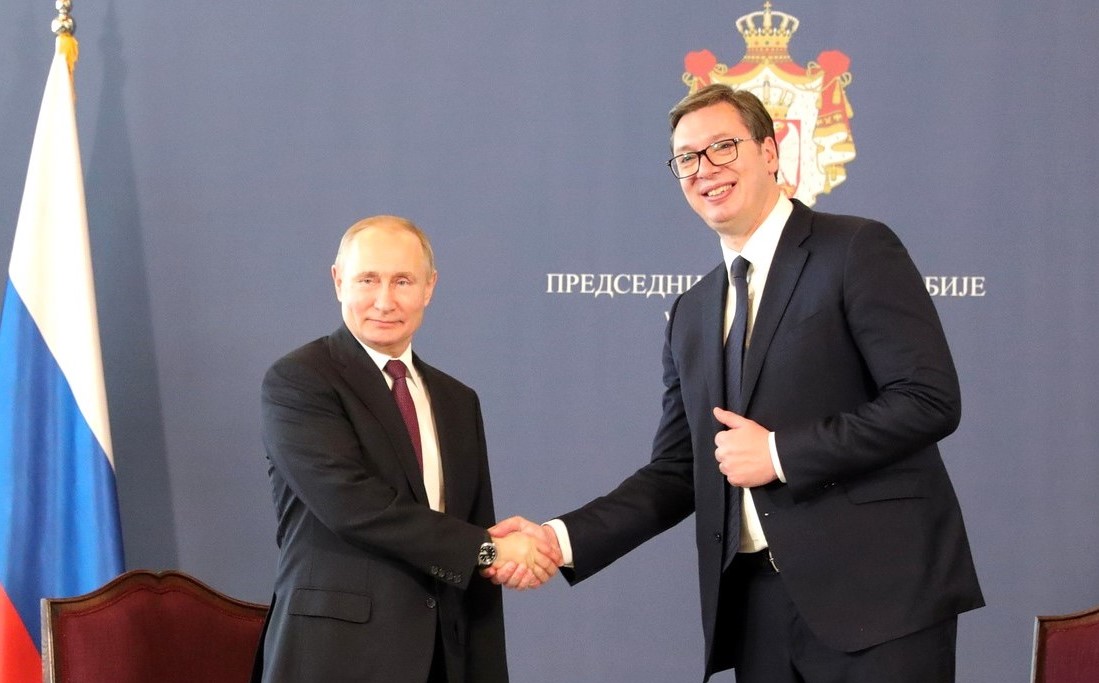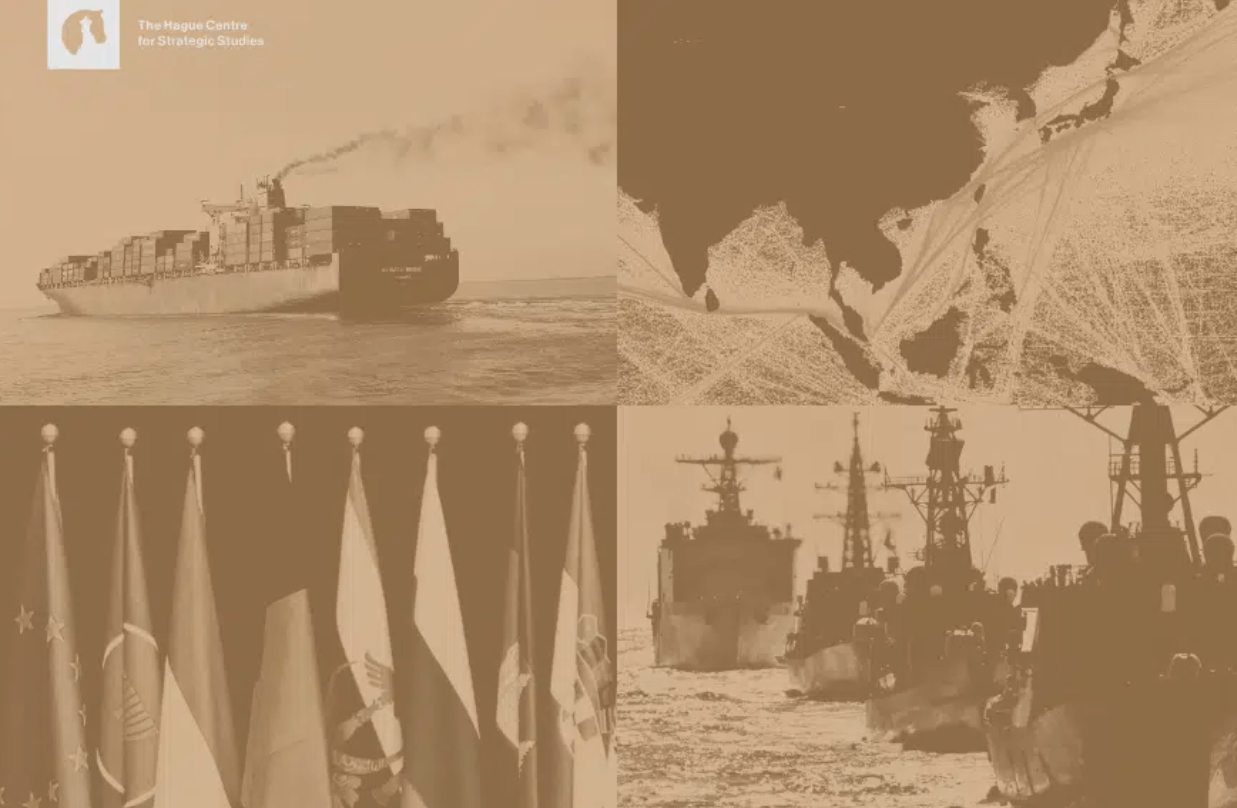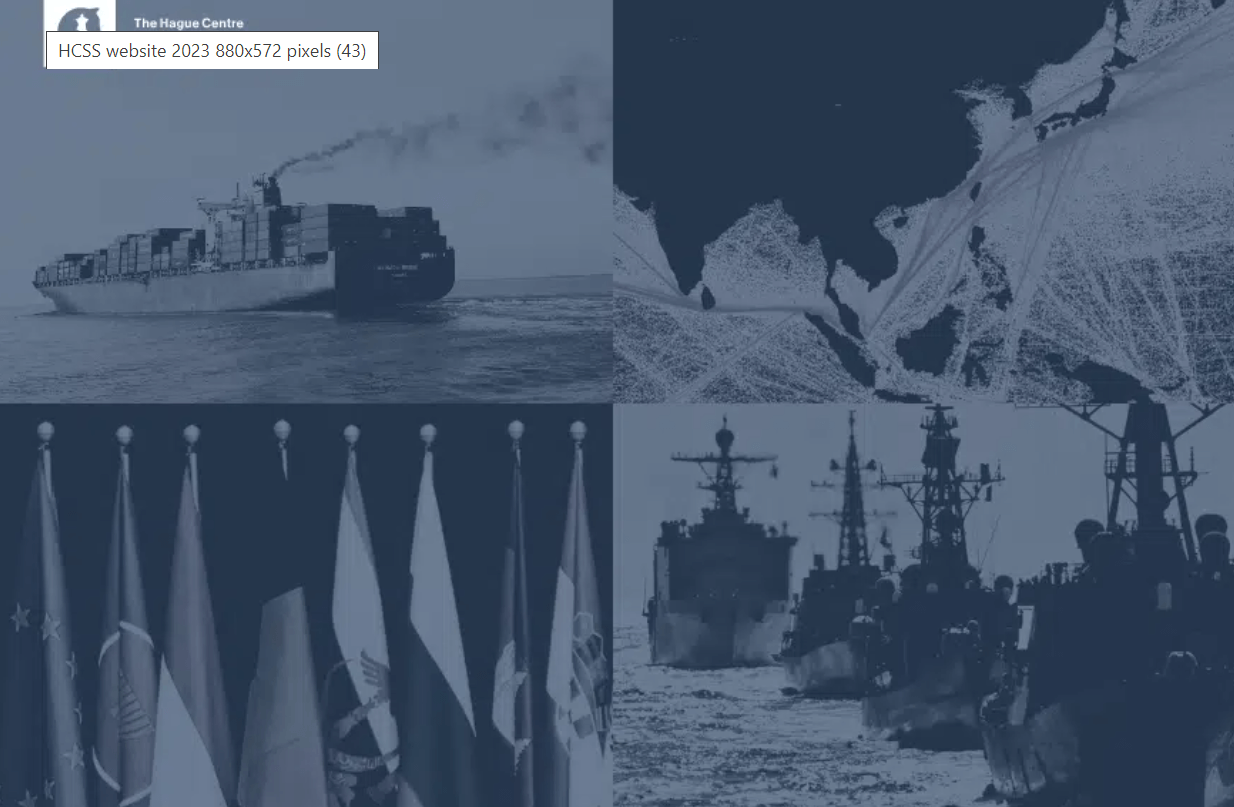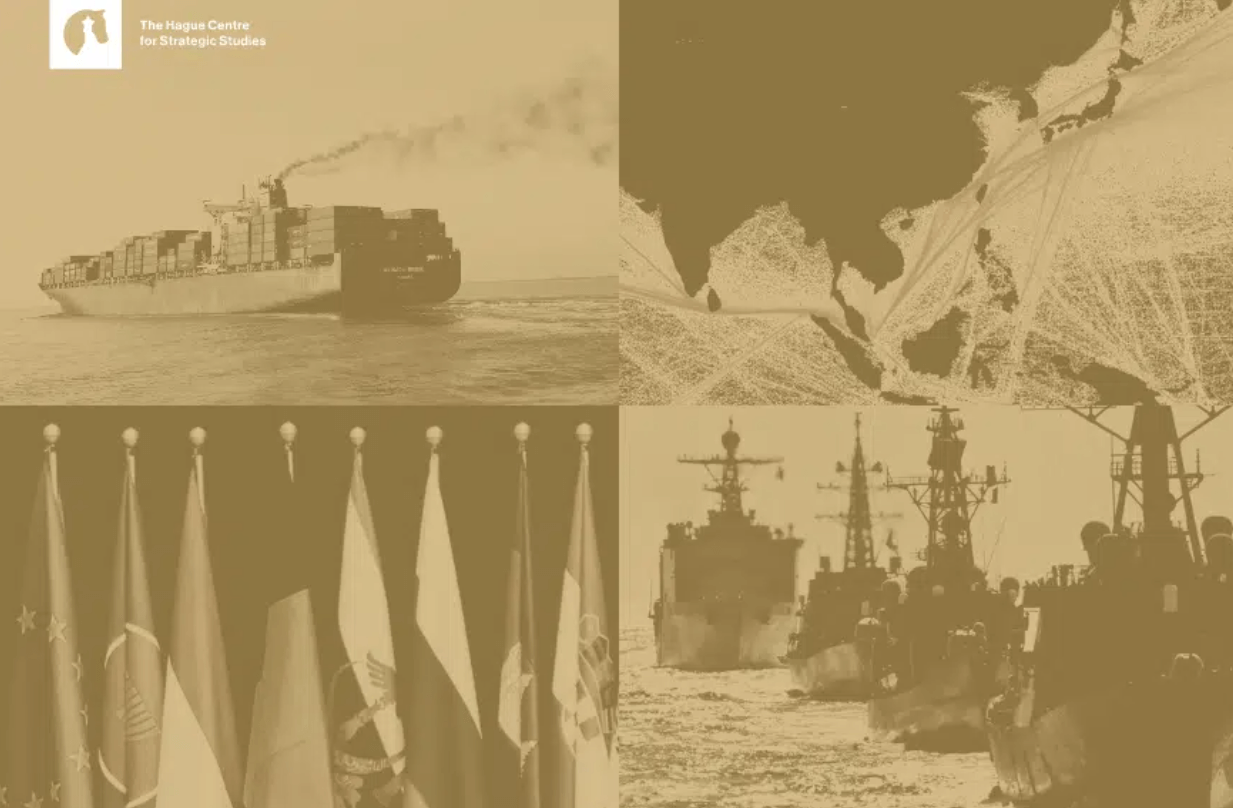Digital Global Gateway: How can we help?
- Read more about Digital Global Gateway: How can we help?
- Log in to post comments
Towards better understanding of local needs
The digital needs and interests of emerging economies in the Global South remain largely obscure to the EU and most EU member states that wish to strengthen engagement in this important domain by way of the Digital Global Gateway. Strengthened engagement with emerging economies will serve partner countries’ development, and at the same time contribute to European companies’ competitiveness and the spread of liberal digital norms such as openness, transparency and privacy. Exploring the digital needs of three partner countries – namely Kenya, Vietnam and Egypt – this Policy Brief highlights areas for cooperation. A key basic need is hard infrastructure, to which the EU Global Gateway investments are now starting to respond. In order to reap the full benefits of such infrastructure, partner countries are also keen to cooperate on cybersecurity solutions, improving digital skills and digitising micro, small and medium enterprises. Equally important are sectoral solutions – such as in agriculture, digital finance, public transportation, e-government, education and health – that help emerging economies to develop in a secure, inclusive enabling digital environment.
Authors
Alexandre Ferreira Gomes, Research Fellow at the Clingendael Institute
Maaike Okano-Heijmans, Senior Research Fellow at the Clingendael Institute
